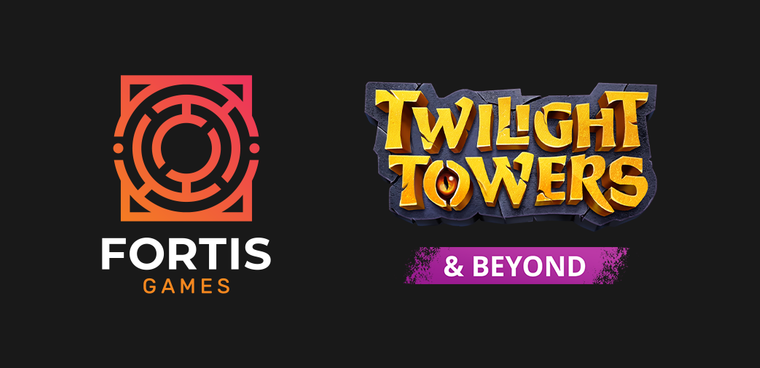
Twilight Towers and Beyond
We meet once again. It's been some time since I last checked in.

We meet once again. It's been some time since I last checked in.
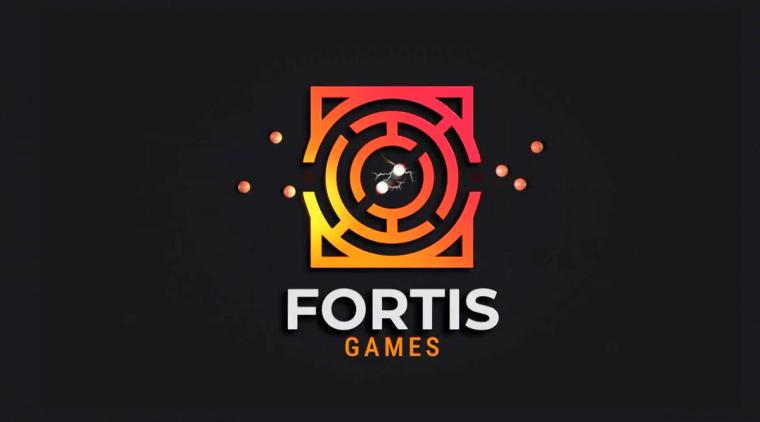
We founded Fortis on a simple idea: that game design can be a competitive advantage.

We want to build stronger connections between passionate players and our game teams.

December 15, 2025
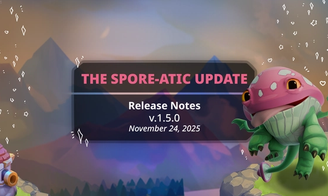
November 23, 2025
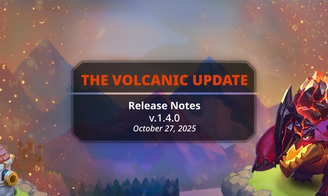
October 27, 2025
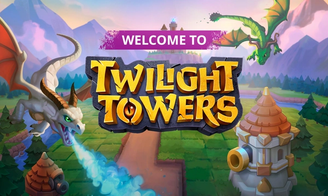
September 25, 2025

September 25, 2025

May 28, 2025

May 28, 2025

May 28, 2025